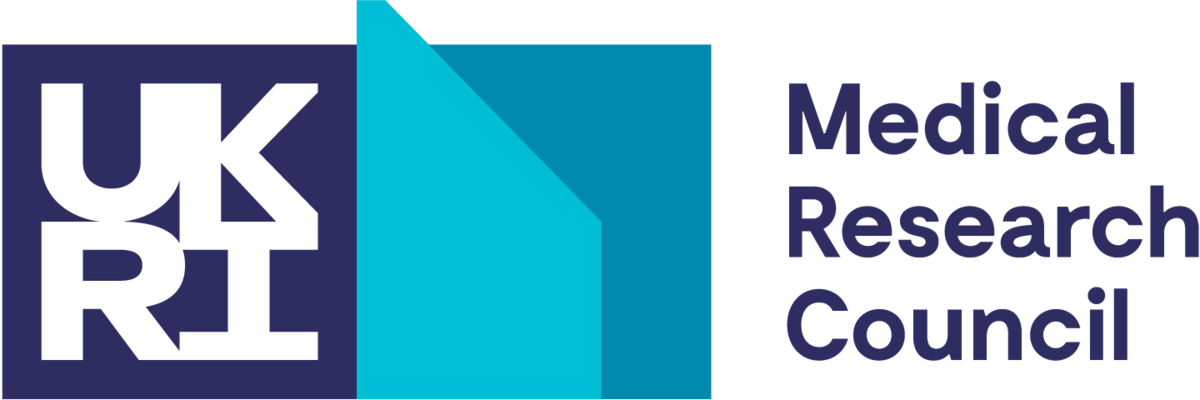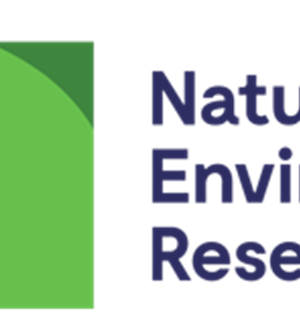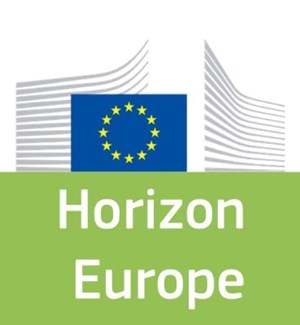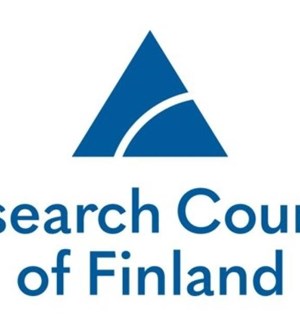- University of Reading - United Kingdom
The reliance of the human race on plastic materials has now resulted in a global pandemic where billions of ton of plastic waste have been deposited. As this degrades, micro-plastic particles (MPs) are generated that have now become ubiquitous in the environment, being found in water sources, food chains, air and dust. In addition, everyday objects such as textiles and plastic bottles and kettles have been shown to shed MPs. Numerous studies have shown that MPs in the oceans negatively impact the health of fish and estimates suggested 70% of the fish consumed by humans contains MPs. While the health impact of MPs on humans has yet to be established, we are now exposed to MPs on a daily basis and recent landmark studies have now identified MPs in human tissues, blood and thrombi surgically removed from patients. The exact significance of this is unknown, however studies using commercial polystyrene beads have showed interaction with vascular components highlighting the potential for MPs to interfere with normal vascular and haemostatic function and a study in mice suggested that MPs promoted the risk of cardiovascular disease (CVD). It is therefore likely that MPs will play a causative role in the pathogenesis of human CVD. To investigate this we have prepared MPs more closely resembling those in nature and found that they enhanced thrombus and fibrin clot formation in vitro and could activate the endothelial cells that line the blood vessels making them more pro-inflammatory and pro-thrombotic. In this proposed study we will generate microplastic particles and subject them to weather and chemical modification processes mimicking those found in the environment. We will then investigate the impact of these on components of the haemostatic and vascular system; endothelial cells, platelets and coagulation factors and use physiological assays to determine how MPs affect thrombosis, coagulation and inflammation at gene, protein and functional levels. The results obtained from this study will give the first systematic insight into how MPs can affect key parts of the vascular system and will provide invaluable insight into the vascular health implications of bioavailable plastic. This is turn will lead to better understanding of a growing problem which has the potential to significantly affect human health for the current and future generations. We also anticipate that our date will improve public awareness of plastic usage and direct manufactures and key policy makers to avoid plastics that can lead to long term cardiovascular health issues.
Want to analyze based on this project via our analysis tool? Analyze this project
Knowledge Gaps
Biological processes and biotic interactions with plastic
Cellular uptake of plastic
Degradation
Chronic or long-term effects, multiple forms and/or sources
Human toxicity



